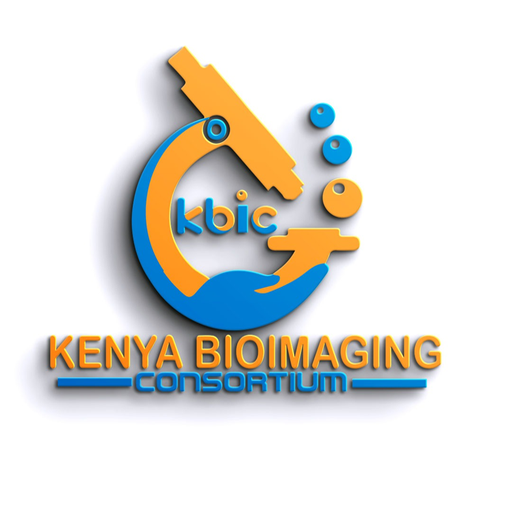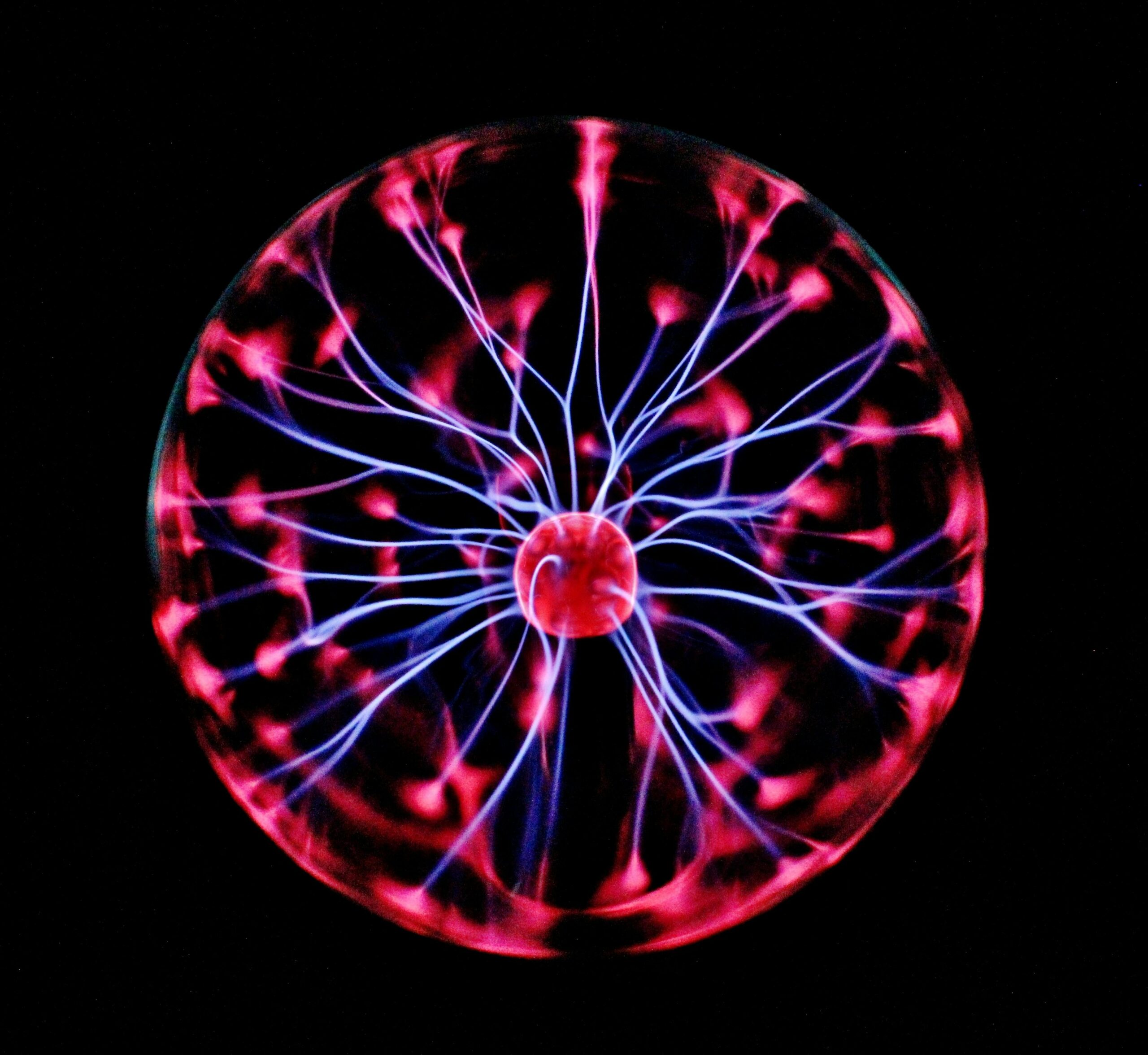Biomarker Detection with DNA Nanowire Technology
Imagine being able to detect diseases like cancer or Alzheimer’s long before symptoms appear—within minutes, using only a small sample like blood or saliva. Sounds futuristic, right? But thanks to groundbreaking work in biomarker detection technology, that future is closer than you think. At the heart of this medical revolution? DNA nanowire technology.
What Exactly Is Biomarker Detection?
Before we dive into the exciting stuff, let’s cover the basics. A biomarker is a biological molecule found in blood, other body fluids, or tissues that signals a normal or abnormal process—or a condition or disease. Think of it as the body’s “check engine” light. When something isn’t quite right, biomarkers start to change.
Doctors use these biomarkers to:
- Diagnose diseases earlier
- Monitor how well a treatment is working
- Predict potential health risks
Traditional methods of detecting these biomarkers are slow, expensive, and sometimes require large amounts of the sample. Plus, they usually need a lab setting and trained technicians. This is where DNA nanowire technology comes onto the scene and changes everything.
What Is DNA Nanowire Technology?
The term might sound like something out of a sci-fi movie, but it’s actually quite simple once you break it down. Picture tiny wires made from strands of DNA – yes, the same building blocks of life – but they’re not functioning as genetic material here. Instead, they’re used as super-sensitive sensors for detecting biomarkers.
These DNA nanowires are designed to line up like a net, waiting to “catch” specific molecules, such as proteins that could indicate early stages of cancer or infectious disease. When these proteins come into contact with the nanowires, they trigger an electrical signal. That signal = detection.
Why DNA Nanowire Technology is a Game-Changer
So why is everyone so excited about this? Here are some standout benefits of DNA nanowire-based biomarker detection:
- Ultra-sensitive and accurate: Detects even extremely low levels of biomarkers—think one tiny molecule among billions.
- Real-time detection: Results can show up in minutes, not hours or days.
- Portable and easy-to-use: No bulky lab machines necessary. You could potentially use these tools in a doctor’s office, pharmacy, or even at home.
- Cost-effective: Because the technology is simpler and faster, it could bring down test costs dramatically.
If you’ve ever had to wait days for lab test results while worrying about your health, you can imagine how life-changing this shift could be.
How Does It Work, Really?
Let’s say your immune system is reacting to a viral infection. It releases certain proteins—ones that doctors consider important biomarkers. With traditional testing, these proteins might only be detectable after hours of processing and lab analysis. But with DNA nanowire sensors, these proteins cause instant electrical changes as soon as they interact with the nanowires. A tiny chip reads these changes and gives a quick, reliable result.
To put it simply: it’s like a super-smart fishing net that catches the tiniest fish in a giant ocean—and tells you the moment something is hooked.
Meet Aligned Bio: The Pioneers Behind This Breakthrough
One company leading the charge in this space is Aligned Bio. They’ve created a platform that’s not only smart, but also scalable—meaning it can grow and adapt for different types of diseases.
Using their patented DNA nanowire technology, they’ve managed to build sensors that are both highly sensitive and easy to manufacture. These sensors can grab individual proteins from a sample, ensuring maximum accuracy. That’s a huge leap forward in the field of early disease detection.
Their approach doesn’t stop at healthcare either. In the future, this tech could even help detect environmental toxins or pathogens in food and water. Amazing, right?
Where Can This Technology Be Used?
If you’re wondering how broadly this can be applied, the answer is: quite a lot. DNA nanowire-based biomarker detection can be tailored for:
- Early cancer screening
- Infectious disease diagnosis (like COVID-19, flu, HIV)
- Chronic disease management (such as monitoring inflammation in arthritis or diabetes)
- Neurological conditions (detecting early signs of diseases like Alzheimer’s)
All of this makes it possible to shift from reactive healthcare (treating disease after it shows up) to proactive, preventive medicine.
Looking to the Future: What’s Next?
Obviously, there’s still a lot of testing and development to go before this technology becomes mainstream. Clinical trials, regulatory approvals, and mass manufacturing take time. But the vision is clear: a world where disease is caught earlier, treatments are more effective, and people live longer, healthier lives.
Just imagine going in for your annual checkup and, within minutes, getting a full health report based on your unique biomarkers. That’s the kind of personalized, data-driven healthcare we’re heading toward.
Why This Matters To You
You don’t have to be a doctor or a scientist to appreciate what this means. Whether you’re someone who’s had a health scare, are caring for a loved one, or just want to stay informed—knowing that faster, more affordable, and more accurate health tests are on the horizon is comforting.
Plus, advancements in biomarker detection don’t just benefit sick people—they help keep healthy people healthy by catching issues before they become serious.
Final Thoughts
In a world where early diagnosis can mean the difference between life and death, innovations like DNA nanowire technology are not just exciting—they’re essential.
Smart, fast, and incredibly precise, DNA nanowires are revolutionizing biomarker detection—bringing us closer to a future where healthcare is more effective, more accessible, and more personal than ever before.
Now that’s a future worth looking forward to.
Want to learn more?
Check out how companies like Aligned Bio are leading this exciting shift in healthcare. Knowledge is power—and in this case, it might even save your life.
Keywords: biomarker detection, DNA nanowire technology, early disease diagnosis, personalized medicine, health monitoring, Aligned Bio


Leave a Reply